A daily assault on our sense of community development
Last night as I was driving home I passed by the public space on the corner of Martin Luther King Jr. Ave SE and Malcolm X Avenue SE. In another world we may have called it a "park" but for many of us who live, work and travel past that intersection we know it for what it is -- an epic eyesore. I would have taken a photo but to be honest I was so embarrassed and frustrated with the poor state of it I didn't even want to share it here. It's literally like showing your dirty laundry to the world and lord knows I like spreading the good news about Ward 8.
While there are definitely things that could be done to at least partially resolve those two challenges there is the challenge of community apathy -- or community assault -- that creates an environment where users of the park will throw trash at their very feet. The state of the park the past few weeks has been reminiscent of something you would see out of a third world country -- on a bad day. The discarded food containers, soda bottles, beer cans, etc. didn't just litter the park, it blanketed the park in what I could only describe as a layer of filth and foolishness. What made this all the more frustrating is that there were empty trash cans in the park! I could see them as I drove by. It would have actually taken more of an effort to discard the garbage on the ground than dispose of it in the trash cans provided.
This blog has long discussed the frustration of the loitering, public drinking and overall magnet for tomfoolery that this National Park Service space has wrecked on the surrounding community. To be fair, there are several mitigating factors that have contributed to the poor state of this space over the years. The lack of indoor waiting areas for those that seek services from the surrounding social service providers rates high on the list along with the homeless population that spend nights at the shelter on Saint Elizabeths and days on the park benches on our little triangle of public nuisance hell.
 |
| The park in 2009, during slightly better times. |
While there are definitely things that could be done to at least partially resolve those two challenges there is the challenge of community apathy -- or community assault -- that creates an environment where users of the park will throw trash at their very feet. The state of the park the past few weeks has been reminiscent of something you would see out of a third world country -- on a bad day. The discarded food containers, soda bottles, beer cans, etc. didn't just litter the park, it blanketed the park in what I could only describe as a layer of filth and foolishness. What made this all the more frustrating is that there were empty trash cans in the park! I could see them as I drove by. It would have actually taken more of an effort to discard the garbage on the ground than dispose of it in the trash cans provided.
The nearby children's playground (now encircled with a wrought iron gate after the last fence was destroyed by vandals) was also covered in filth, litter and things that small children should not have to see, let alone play in close proximity to. To be honest, when the NPS installed the park benches my neighbors -- particularly the elderly, long-term homeowners nearby -- were beyond frustrated. Having experienced what happens when the city outsources their more "unsightly" programs to the edges of the city without wrap around services or basic infrastructure (such as a waiting room) they knew what would happen. To be honest, I felt their pain. On several occasions I have remarked that this strip of long worn away grass would make a better parking lot than park. It pains me to write that but it is true. Sometimes the only way up from bad is nothing and an asphalt lot seems like a dream right now. In my more optimistic moments I consider the possibility of a full-on community garden.
Since moving to Congress Heights in 2007 and starting this blog in 2008 I have raised enough of a stink to have that park and playground overhauled at least twice. Many efforts have been made to turn our neighborhood eyesore into a neighborhood gem. But despite our best efforts (and that of the community and the National Park Service) we can't put a dent in what I can only describe as apathy or assault by those who see the park more as an open-air nightclub than a place for children to play. How do you combat that destructive mentality? There isn't a ticket for bad manners or anti-social behavior. How can you force someone to care? Can you criminalize apathy? There aren't enough wrought iron fences in the world to keep out tomfoolery.
This "park" represents a lot of different things to a lot of different people. For some it is a home away from home, others it is a place to hang out, for others still it is a place to do business and for those of us left on the outside looking in it has become a place to avoid at all costs.
Is the solution rooted in economics, logistics or a change in mentality? Is this a question of a carrot or the stick or a combination of the two?
